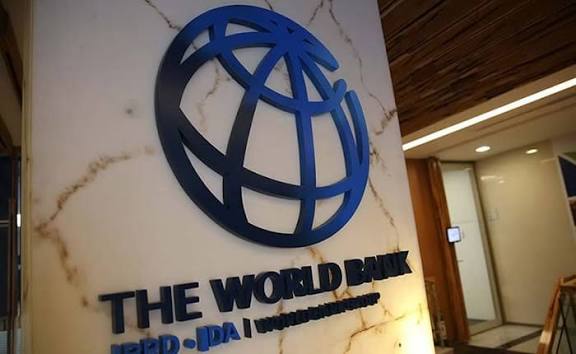The World Bank has revealed that about 139 million Nigerians are currently living in poverty despite the federal government’s recent economic reforms that have increased revenue across all tiers of government.
Mathew Verghis, Country Director of the World Bank for Nigeria, disclosed this on Wednesday, October 8, during the launch of the Nigeria Development Update in Abuja.
He explained that poverty levels, which began to rise in 2019 due to policy missteps and external shocks such as the COVID-19 pandemic, have continued to worsen even as the economy shows signs of stabilisation.
According to Verghis, Nigeria’s economic growth has improved with higher revenues, better debt indicators, a more stable foreign exchange market, stronger reserves, and gradually easing inflation.
“These results are exactly what you need to see in a stabilisation phase. These are big achievements,” Verghis said. “However, despite these gains, many Nigerians are still struggling. Most households are grappling with eroded purchasing power. In 2025, we estimate that 139 million Nigerians live in poverty. The challenge is how to translate these gains into better living standards for all.”
He emphasised the need to reduce inflation—particularly food inflation—ensure more effective use of public funds, and expand social safety nets to cushion the effects of economic hardship on vulnerable citizens.
“Food inflation affects everyone, especially the poor, and can undermine public support for reforms. The government must ensure that public resources are used more effectively and that safety nets are expanded to protect the most vulnerable,” he added.
Presenting an overview of the report titled “From Policy to People: Bringing the Reform Gains Home,” Samer Matta, the World Bank’s Lead Economist for Nigeria, noted that gross revenues shared among the federation’s three tiers of government have significantly increased in the past eight months of 2025.
However, Matta expressed concern over the large deductions made by revenue-collecting agencies, saying these deductions have minimal impact on development outcomes.
The report projects a cautiously optimistic outlook for Nigeria’s economy, supported by steady growth, fiscal stability, easing inflation, and a strong external position, despite persistent risks.
GDP growth is expected to rise modestly to 4.4 percent by 2027, driven by stronger services, a rebound in agriculture, and improved industrial activity. Inflation is projected to ease to 15.8 percent by 2027, supported by tight monetary policies and reduced supply pressures.
The fiscal deficit is forecast to average 2.7 percent of GDP in 2026–2027, helped by rising tax revenues


